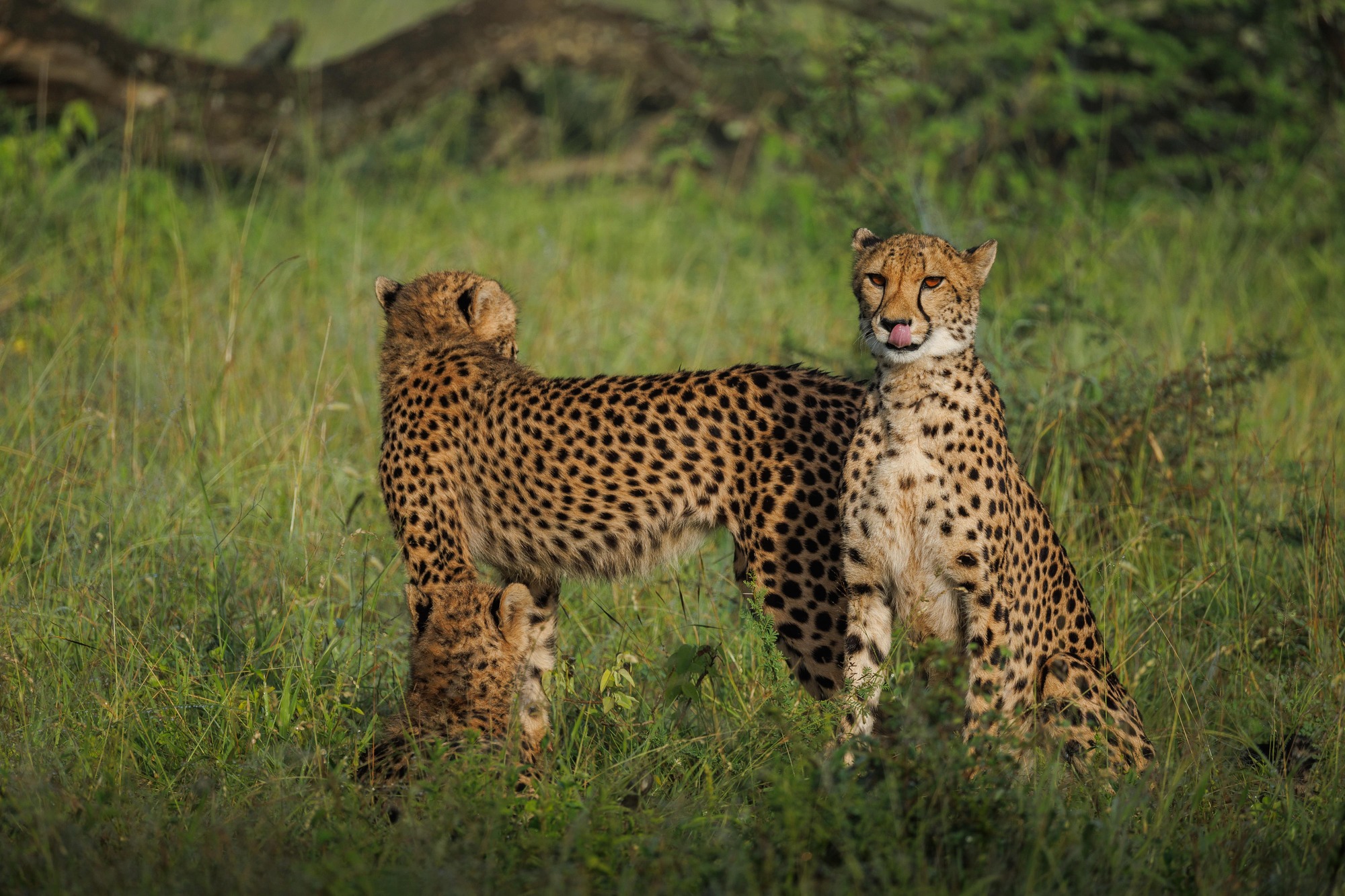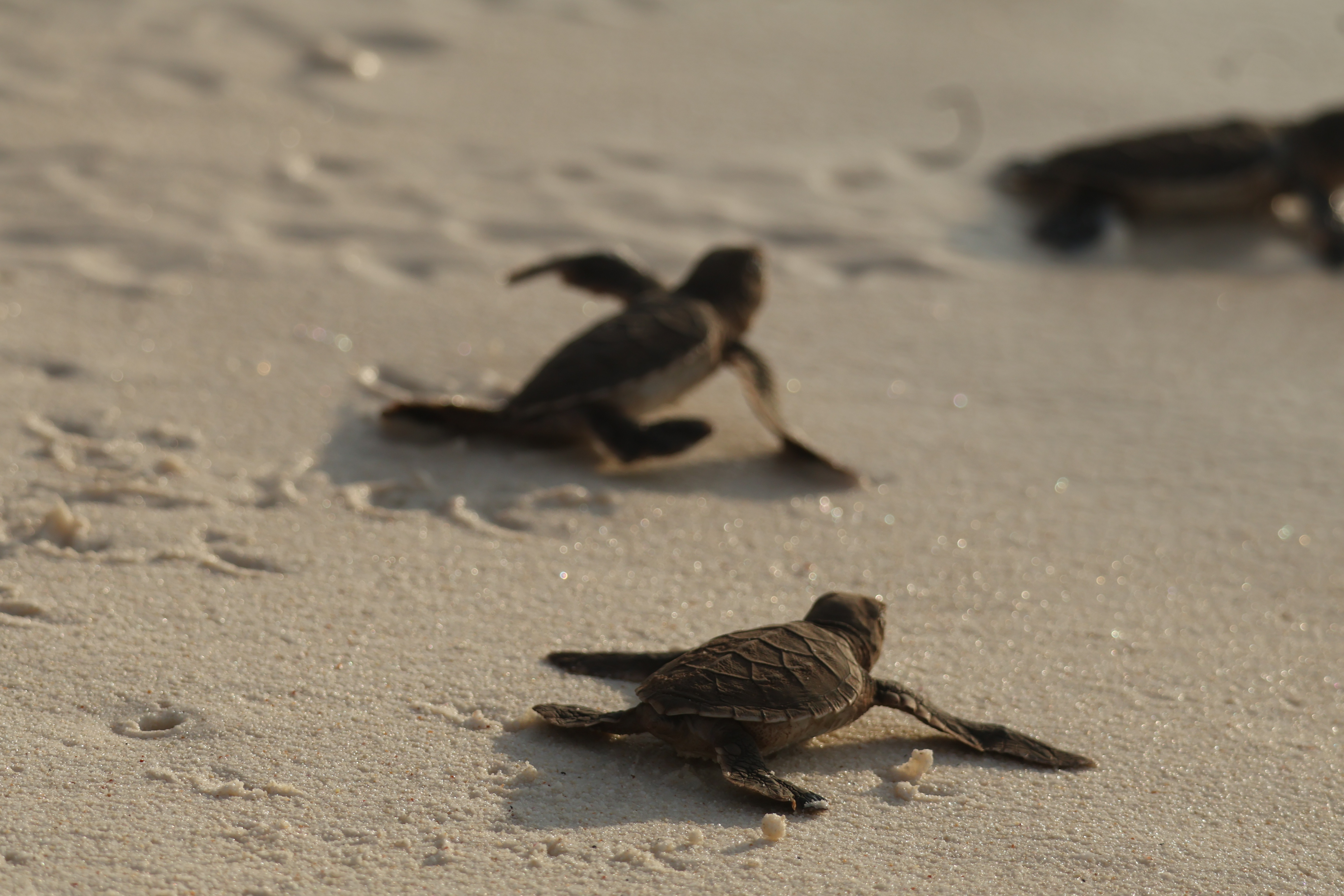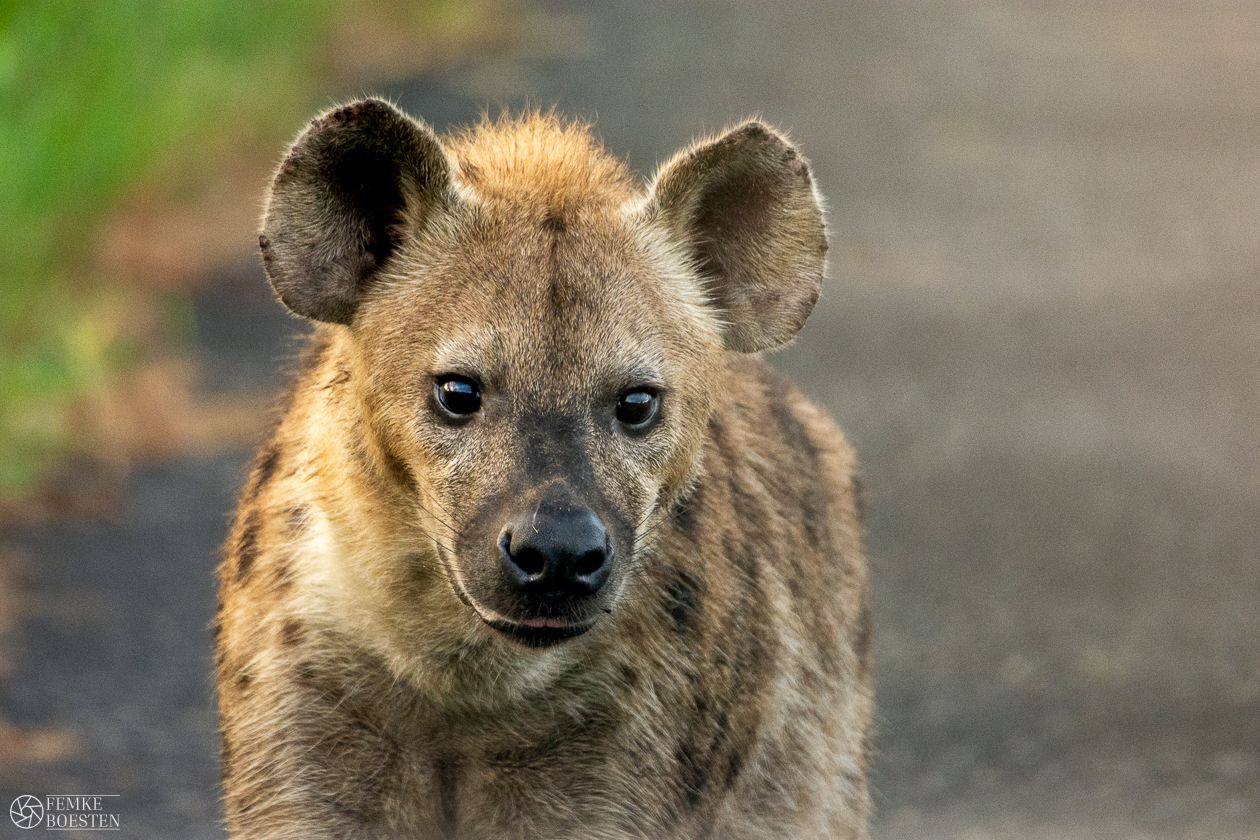For World Lion Day 2021, we would like to pay tribute to the King of the Jungle.
Lions are not only a flagship species, but also play a vital role in their ecosystems. They, like many other predators, are classified as a keystone species. This means that they have a disproportionately large impact on their respective ecosystems and are critical in helping to maintain a balance. Thus losing a keystone species can have serious effects on an ecosystem as essential functions can be lost.
For example, Lions help to control herbivore numbers through hunting. When Lions are removed from a system, the prey population can increase to unsustainable levels leading to overgrazing and loss of species diversity. Lions also assist in keeping herbivore herds healthy as they tend to prey on sick and weaker individuals.
African Lions are currently listed as Vulnerable as they have undergone a drastic decline over the last century. Their numbers have decreased from about 200,000 wild Lions to about 25,000 in recent years. The main causes for this decline have been habitat loss, the killing of Lions in defense of human life and livestock, and prey depletion through illegal bushmeat hunting.
Targeted poaching has also increased in recent years where Lions are specifically targeted for their body parts for illegal wildlife trade. Body parts are used for traditional medicines including Lion bones. Canned hunting (a practice where captive-bred animals are hunted in small enclosures) and unsustainable trophy hunting, have also resulted in a decline in Lion numbers
Fortunately Lions are extremely resilient, with populations already increasing in many protected areas thanks to the hard work being done by dedicated conservation organisations like Ezemvelo KZN Wildlife, Wildlife ACT, and many others.
The videos below show a special sighting of F165 and F167 with their cubs at Tembe Elephant Park, the park is managed by Ezemvelo KZN Wildlife. The cubs have been hiding from human eyes for some time but we have just recently started seeing them.
Lions don't have a fixed breeding season. After a gestation period of around 110 days a lioness will isolate herself and give birth to a litter of 1 to 4 (sometimes even 6) cubs in a secluded site, such as dense thickets. The cubs are born blind and only weigh about 1.5kg, they start to open their eyes at about 2 weeks old and are able to walk when they reach approximately 3 weeks old.
Their mother may move them to a new site several times in a month by carrying them by the nape of the neck. This is done to avoid a build-up of their scent at the site, which can attract unwanted predators. The mother and cubs generally remain in isolation for 4 to 8 weeks. The cubs will be nursed for about 6 months but will start to eat meat when they are around 3 months old.
Text & World Lion Day videos by Priority Species Monitor Chris du Toit



.jpg)







